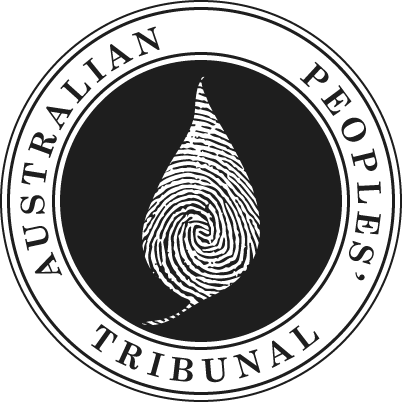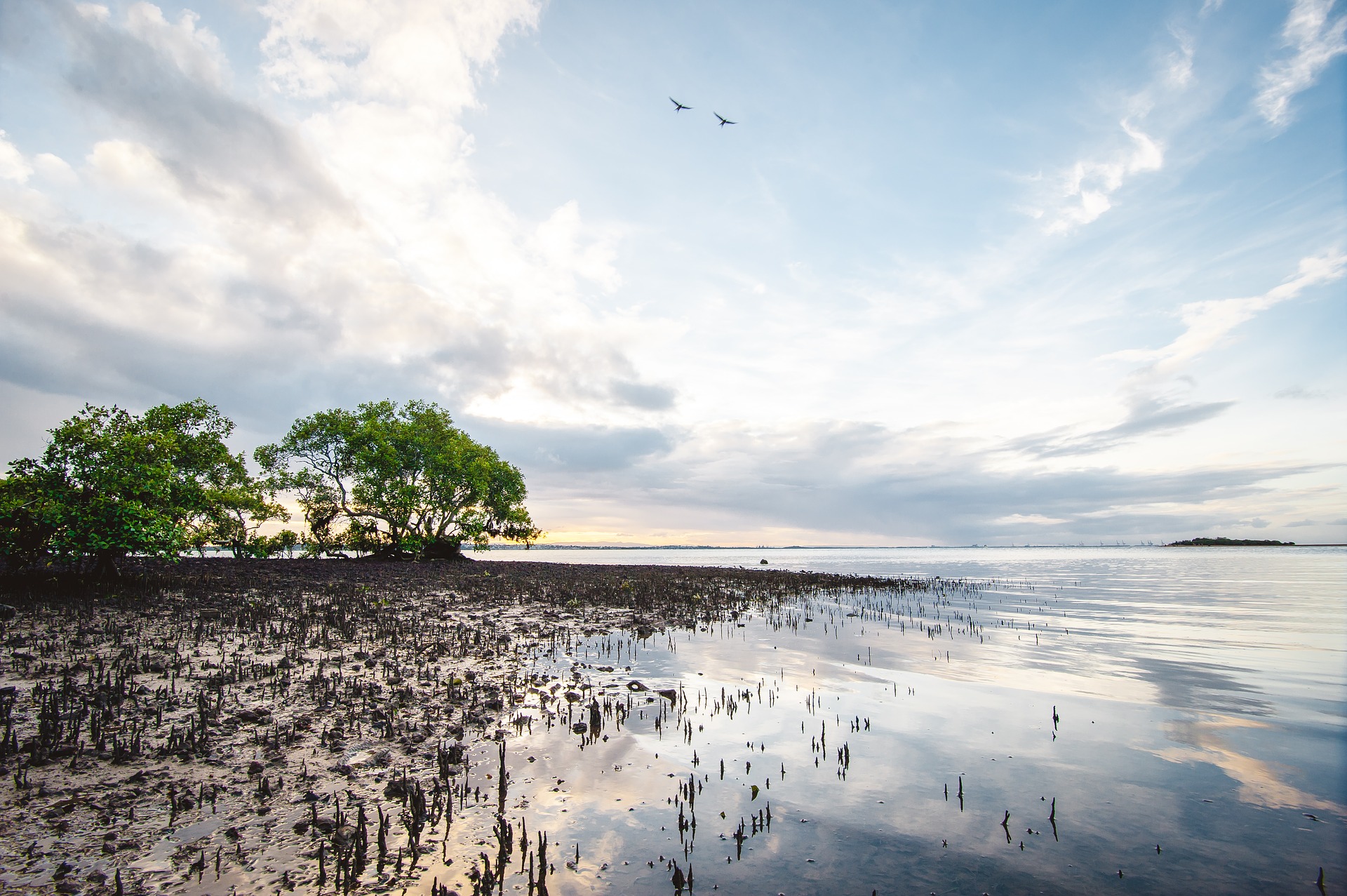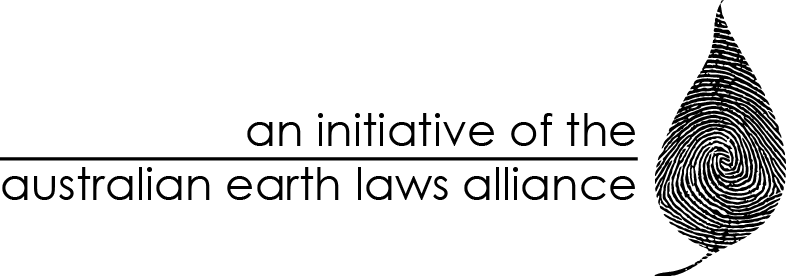International Rights of Nature Tribunal
The International Tribunal for the Rights of Nature was created by the Global Alliance for the Rights of Nature in January 2014. The Tribunal has been created as a permanent tribunal and it will hear cases from around the world on an ongoing basis. The Tribunal was created by leaders of the Rights of Nature movement in response to concerns that current national and international legal systems do not protect the natural world. The Tribunal aims to create a forum for people from all around the world to give a voice to protest the destruction of the Earth—destruction that is often sanctioned by Governments and Corporations—and to make recommendations about Earth’s protection and restoration. The Tribunal also has a strong focus on enabling indigenous people to share their unique concerns and solutions about land, water and culture with the global community.
Learn more about the International Rights of Nature Tribunal, and read about Australia’s participation in the International Rights of Nature Tribunal, including AELA’s Great Barrier Reef Case.
Permanent Peoples’ Tribunal
The Permanent Peoples’ Tribunal (PPT) is built around an international network of experts, social actors and scholars from several countries of Europe, South America, Asia and Africa, recognized for their independence and competence. The characteristic of “permanency” and the selection criteria used in the appointment of its judges, renowned for their independence and expertise, have made this opinion tribunal a laboratory of denunciation and interdisciplinary research. In its 46 sessions and judgments, the Tribunal has accompanied the transformations and struggles of the post-colonial period, the development of economic neo-colonialism, globalization, the resurgence of war and the International Criminal Court’s declaration of non-competence for economic crimes.
The PPT was established in Bologna in 1979 as a direct continuation of the Russell Tribunals on Vietnam (1966-67) and Latin America (1973-76). Lelio Basso, who had been a member and speaker, proposed that these celebrated tribunals be transformed into a permanent institution that could become an instrument and platform to give recognition, visibility and a voice to the peoples suffering violations of their fundamental rights, victims who, according to the Universal Declaration of the Rights of Peoples, proclaimed in Algiers in 1976, were marginalized in international law, which had increasingly become the guarantor of the interests of the public and private holders of political and economic powers.
Asian Human Rights Court
A Human Rights Court for Asia–of the Peoples, by the Peoples, for the Peoples–is being organized by Asian civil society in Taipei, Taiwan in July 2019. The Chang Fo-Chuan Center for the Study of Human Rights at Soochow University has worked for over 6 months to contact, dialogue and discuss with Taiwan’s NGOs and several Asian human rights experts to establish a civil-society-based human rights court for Asia. The Center hosted the Working Group Meeting of the Asian Human Rights Court Simulation in Taipei from October 6 to 7, 2018. After the meeting, the Working Group established the Asian Human Rights Court, which will comprise up to 21 judges. The Working Group has appointed a panel of 3 experts from Taiwan, Malaysia, and Singapore to: (1) nominate judges of the Court for confirmation by the Working Group within a month; and (2) select 7 judges to preside in the first case of the Asian Human Rights Court Simulation. The first case being considered by the Court concerns rights of the indigenous peoples in relation to the grant of a mining license by the Taiwan government. The hearing will be held in Taipei, Taiwan in July 2019. Weblinks and other details will be available soon.










